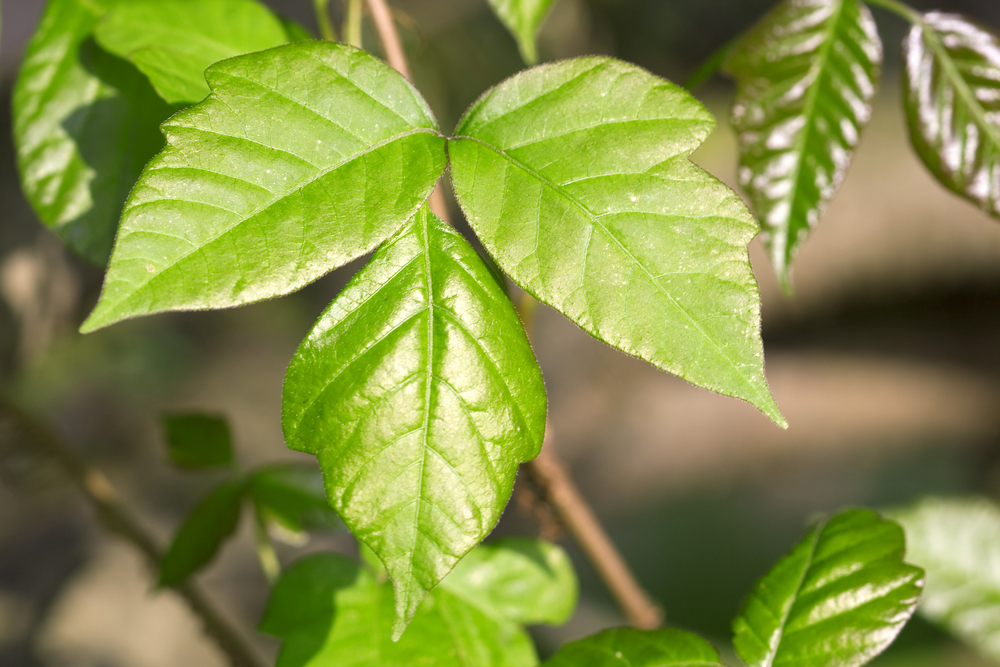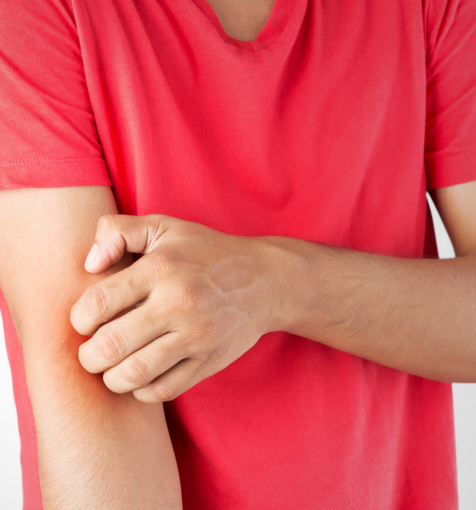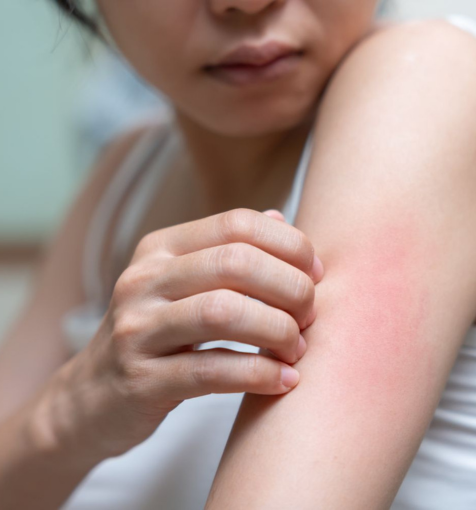Heal and Soothe Your Skin After Contact with an Irritating Plant in New Jersey
Poison ivy is one of the most common causes of allergic skin reactions, affecting more than 80% of people who come into contact with it. This plant releases an oil called urushiol, which triggers an allergic response in the skin. At Skin & Laser Center of NJ, our experienced team helps patients manage the itching, rash, and discomfort that follow poison ivy exposure, providing relief and preventing complications.


The culprit behind poison ivy reactions is urushiol, an oily resin found in the leaves, stems, and roots of the plant. When the oil touches the skin—even in tiny amounts—it can cause an allergic reaction known as contact dermatitis. Important details include:
Symptoms often begin 12 to 72 hours after exposure
Even indirect contact (such as touching contaminated clothing or pets) can spread the oil to your skin
Poison ivy reactions are not contagious and cannot spread from person to person
Other plants, such as poison oak and poison sumac, contain the same irritating oil
The severity of poison ivy symptoms can vary, but common signs include:
Itchy, red skin or streak-like rashes
Swelling in the affected area
Small or large blisters that may ooze and form crusts
Burning or discomfort at the rash site
In severe cases, swelling of the face, difficulty breathing, or swelling that shuts an eye requires immediate medical attention.


While poison ivy rashes often clear up within a few weeks, our team offers treatments to speed healing and ease discomfort. Options may include:
Topical corticosteroids to reduce inflammation and itching
Oral medications such as antihistamines or steroids for more severe reactions
Soothing skincare recommendations to protect damaged skin and prevent infection
Patient education on how to avoid future exposure to poison ivy and related plants
Our goal is to provide quick relief so you can return to normal activities without the irritation of a lingering rash.
Learn More About Poison Ivy
There are three ways people come into contact with the urushiol from poison ivy. The method of transmission doesn’t affect how serious your reaction is, but it’s worth knowing so you can avoid future contact and outbreaks.
You can get a rash simply by touching poison ivy. Every part of this plant—the leaves, stems, roots, and flowers—contains the oil.
The oil from poison ivy can stick to almost anything. If you touch a pet’s fur, gardening tool, or sports equipment that has the oil on it, you can get a rash. Dogs and other animals do not get this rash.
Burning these poisonous plants releases the particles into the air. These airborne particles can land on the skin or be inhaled.
Without treatment, the symptoms of poison ivy usually last one to three weeks, but can last up to six weeks. For those struggling with the itchiness and discomfort, the providers at Skin & Laser Center of NJ can prescribe medications to help alleviate the symptoms. Your provider can usually perform a visual inspection of the rash and tell you whether it is caused by poison ivy. After determining the cause of your symptoms, treatment will vary depending on the severity of the reaction. Patients experiencing a more serious reaction may require prescription medication including an oral medicine like prednisone. Prescription steroid ointments are also a common and effective method of addressing rashes caused by poison ivy.
Convenient walk in hours available below. No appointment needed! Accepting private insurance and medicare. No medicaid plans.
Learn more about medical treatments at New Jersey’s Skin & Laser Center of NJ. Call 201-500-7525 or contact us online to schedule a consultation.